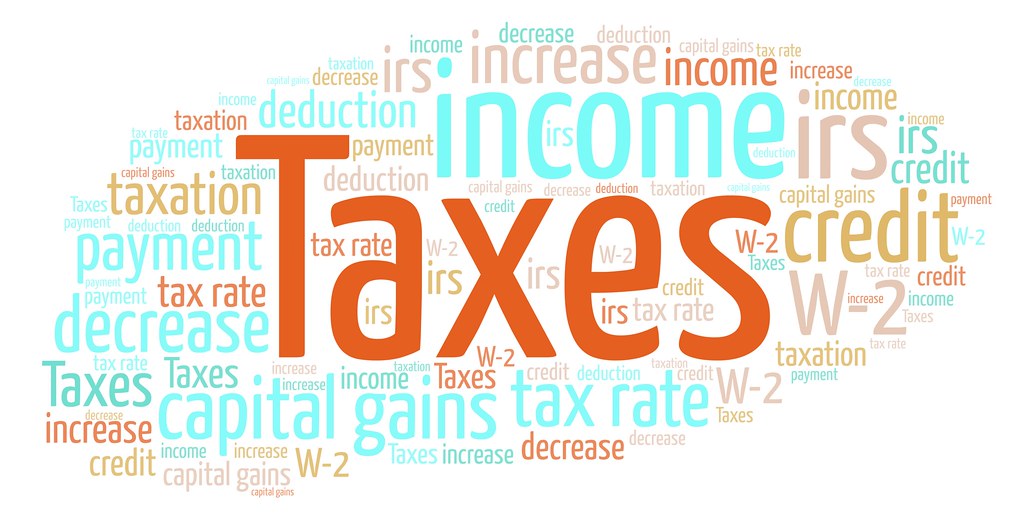Capital gains tax (CGT) rates would be an “obvious source of income” for the Government to consider in terms of recuperating the cost of COVID-19, according to Killik & Co.
The investment firm highlighted that CGT rates have been lower than income tax rates in recent years.
After the Treasury announced it would be launching a review of the CGT system to “ensure the system is fit for purpose”, Killik & Co suggested Rishi Sunak might look to increase the rates on the tax you pay on the profit of an asset that you sell, following drops in the 2016 Budget.
“It may come as no surprise for many that Sunak is reviewing CGT,” Killik & Co head of wealth planning, Svenja Keller, commented. “Tax rates have been low for many years, and therefore it seems to be an obvious source of income for the Government to consider when looking at how to recuperate the cost of COVID-19.
“CGT rates have lately been much lower than income tax, whereas there has been a time in the past when the tax rates were more aligned.
“In the 2016 Budget there was a drop in CGT, apart from on property, where the 18% rate dropped to 10% and the 28% rate dropped to 20%. It’s possible that Sunak will look to increase this, either to the previous levels or something more drastic – such as an increase to income tax rates, allowing for indexation.”
In terms of assets that would be affected, Killik & Co noted that the Government has specifically asked to look at reliefs, and suggested the Principal Private Residence Relief could be an area they consider.
However, the investment firm suggested CGT on homes “seems more difficult” to implement, and ultimately counterproductive to the stamp duty holiday announced by the Chancellor on 8 July. Killik & Co argued the stamp duty holiday is to encourage a “kick-start” in the housing market, whereas CGT on first homes could counter that, particularly as some are sitting on very large gains in their main homes.
“Given previous moves on second homes and buy-to-lets, where it is already required to pay CGT, it is possible that these types of properties will remain a focal point for Sunak,” Keller added.
“Although the overall take from CGT is small, the Government must start somewhere, and wealthy individuals would have benefited even in these difficult times from good market performance. It seems like an easy solution for now, however this is likely to be just the start of measures introduced in the future to start to repay the coronavirus debt.”
Latest News
-
Residential property transactions fall 24% month-on-month
-
Later life lending loans jump 5.1% in Q4 2025
-
Mortgage Awards 2026: Winners announced
-
FCA outlines proposals to close gaps in borrowers’ credit files
-
St. James’s Place closes 2025 with record FuM
-
Average LTV on UK mortgaged home drops to 59% – IMLA
Mortgage Advice Bureau and AI in the mortgage sector
Chief executive officer at Mortgage Advice Bureau, Peter Brodnicki, and founder and managing director at Heron Financial, Matt Coulson, joined content editor Dan McGrath to discuss how Mortgage Advice Bureau is using artificial intelligence to make advancements in the mortgage industry, the limitations of this technology and what 2026 will hold for the market
Perenna and the long-term fixed mortgage market

Content editor, Dan McGrath, spoke to head of product, proposition and distribution at Perenna, John Davison, to explore the long-term fixed mortgage market, the role that Perenna plays in this sector and the impact of the recent Autumn Budget
NEW BUILD IN FOCUS - NEW EPISODE OF THE MORTGAGE INSIDER PODCAST, OUT NOW

Figures from the National House-Building Council saw Q1 2025 register a 36% increase in new homes built across the UK compared with the same period last year, representing a striking development for the first-time buyer market. But with the higher cost of building, ongoing planning challenges and new and changing regulations, how sustainable is this growth? And what does it mean for brokers?
Does the North-South divide still exist in the UK housing market?

What do the most expensive parts of the country reveal about shifting demand? And why is the Manchester housing market now outperforming many southern counterparts?
In this episode of the Barclays Mortgage Insider Podcast, host Phil Spencer is joined by Lucian Cook, Head of Research at Savills, and Ross Jones, founder of Home Financial and Evolve Commercial Finance, to explore how regional trends are redefining the UK housing, mortgage and buy-to-let markets.
In this episode of the Barclays Mortgage Insider Podcast, host Phil Spencer is joined by Lucian Cook, Head of Research at Savills, and Ross Jones, founder of Home Financial and Evolve Commercial Finance, to explore how regional trends are redefining the UK housing, mortgage and buy-to-let markets.
© 2019 Perspective Publishing Privacy & Cookies











Recent Stories